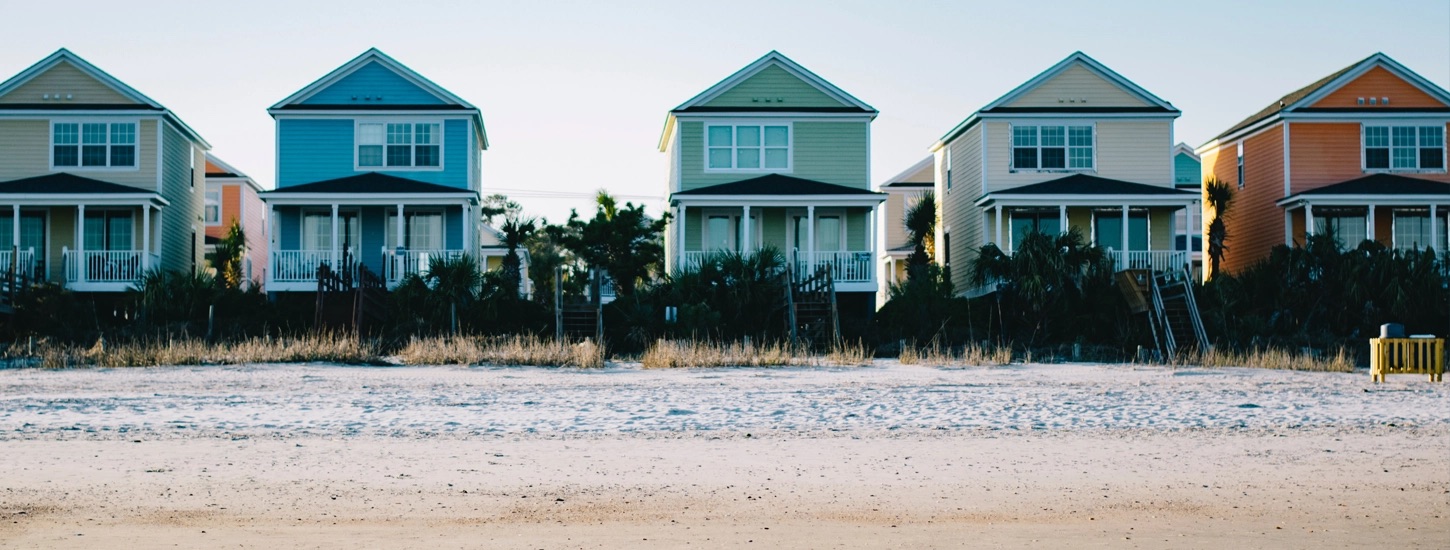When this blog post goes live, it will be my last day in Sydney, Australia. I expect to go for a final walk at Manly Beach, enjoy the spectacular scenery, and perhaps feel a bit blue that my vacation is ending. What if on my walk, I see a sign that no departing traveler should see: “For Sale,” next to a lovely condominium across from the beach. And, even worse, there’s an open house. I wander inside. What harm could there be, right? As I explore the condominium, I spontaneously decide – this is perfect! And somehow, using all of my creativity and skills as an attorney, I manage to purchase the condominium before catching my flight home. What should happen next from an estate planning perspective if this fictional purchase occurs?
Upon arriving back in Seattle, I will need to do two things. First, I must communicate with my accountant to inform her that I now own real property in another country and find out what requirements come into play from a tax perspective. Second, I need to contact my estate planning attorney and discuss the impact my recent purchase might have on my estate planning documents.
In working with my estate planning attorney, that attorney would likely inform me that Australia is one of the fifteen countries that have entered into either an estate treaty or an estate and gift tax treaty with the United States. The attorney would likely review the terms of the treaty and inform me about how my purchase impacts my overall estate plan and my potential estate tax liabilities.
In all probability, three additional steps will be needed:
- I will need to retain a Sydney-based solicitor to create new estate planning documents that address my condominium ownership. These documents would only address any assets owned in Australia and would not impact my U.S. assets.
- I will also need to retain a Sydney-based accountant to ensure that I am in full compliance with the tax laws of Australia and New South Wales.
- My current Will or Revocable Living Trust will need to be updated to reference my ownership of the Manly Beach condominium and indicate that additional Australian documents have been prepared to address how this asset will be treated upon my death. And perhaps my overall estate distribution scheme may need to be adjusted depending on how I choose to distribute the condominium.
International estate planning can be quite a complex undertaking. If you hold assets outside of the U.S., make sure you are well-informed and have taken all necessary steps to ensure these assets will be handled correctly upon your death.



 Phone: (206) 784-5305
Phone: (206) 784-5305